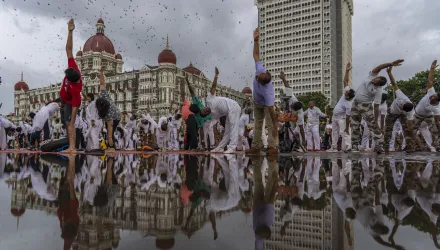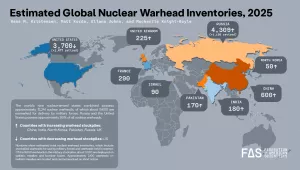“All of this, fifteen years ago, would have been impossible to imagine,” the Indian Minister of External Affairs, Salman Khurshid, noted in a public address reflecting on the advances made in the India-US strategic dialogue. The blossoming of the relationship between the US and India, he continued, has also caused ambitions and expectations for it to rise accordingly. Naturally disappointments will result, he said, but we should not consider them setbacks for the relationship.
Minister Khurshid addressed a standing-room only auditorium at the Harvard Kennedy School as part of the India & South Asia Program’s international speaker series, co-sponsored by Harvard’s South Asia Initiative. His comments on Tuesday, October 1, 2013, followed a series of meetings at the United Nations in New York.
Khurshid discussed the strong foundation of the India-US relationship and suggested that enabling the rise of India should be a strategic end in itself for the US. Furthermore, he called for the relationship to go beyond a “hyphenated” partnership dependent on the US relationship with other actors in the region such as Pakistan. Instead, the India-US relationship should be able to stand on its own, he told the audience of students, faculty and guests.
Professor Tarun Khanna, Director of the South Asia Institute at Harvard, spoke about the academic linkages that SAI is building between Harvard and India as an example of strengthening the India-US bond. Minister Khurshid indicated his support of this work and said that the Indian government had undertaken a “fairly dramatic shift” to engage with experts in academia and elsewhere. The US - and Harvard in particular - he noted, are repositories of tremendous intellectual capital. He also stressed that India’s demographic dividend would create a massive opportunity in education that America could fill.
In response to a student’s question about Pakistan, Minister Khurshid said that the first step toward improving the relationship was for both countries to stop speaking poorly of one another. India had to ensure that Pakistan’s gestures of goodwill were supported by concrete efforts to dismantle the “infrastructure for terror.” Further investigations into the 26/11 attacks on Mumbai could be an opportunity for Pakistan to send a positive sign that they were serious about tackling the problem of terrorism.
For a transcipt of the Minister's speech, please click here.
For a video of the Minister's speech, please click here.


